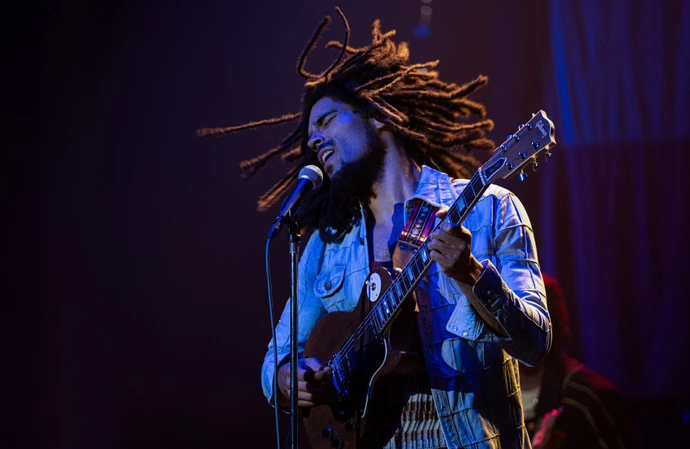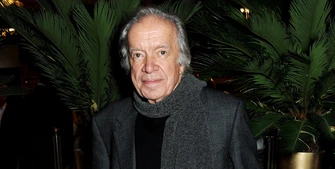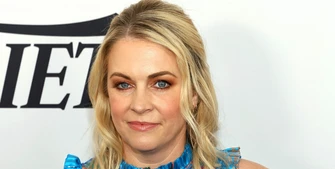'After Jesus, he's probably the most recognisable face on the planet!' Bob Marley: One Love director states reggae icon's cultural importance
Reinaldo Marcus Green - the director of 'Bob Marley: One Love' - has claimed the artist "is the most recognisable face on the planet" after Jesus.

The director of 'Bob Marley: One Love' claims the reggae icon "is the most recognisable face on the planet" after Jesus.
Reinaldo Marcus Green helmed the upcoming biopic about 'No Woman, No Cry' singer Marley and he insists his influence across the globe and his Rastafarian image rivals that of the Christian Saviour.
Speaking to Empire magazine, he said: "After Jesus, he's probably the most recognisable face on the planet!
"Bob is uniquely universal. But I still felt like I didn't really know him, and that few people really do."
'Bob Marley: One Love' - which will be released in February - stars 'Barbie' actor Kingsley Ben-Adir as Marley, and documents the singer's rise to fame up until his death from cancer in 1981 at the age of 36.
Kingsley's motivation for taking on the role is that people "don’t understand" who Marley really was as a person, despite knowing his songs and him being a ubiquitous person in pop culture.
In the joint interview, Kingsley, 37, said: "The idea of Bob that exists in university campus dorms and in general throughout the West – it’s an image based on tiny soundbites. Soundbites that a lot of people don’t really understand."
James Norton plays Bob's manager Chris Blackwell in the movie and agrees with his co-star's assessment of Bob's life.
Norton said: "When you talk about Bob Marley, the legend has become much bigger than the man."
Filmmaker Reinaldo, 42, wanted to capture the complexities of the man behind the music in the biopic, and give audiences a better understanding of the political situation in Jamaica that defined his life and lyrics.
The director explained: "What was happening in Jamaica at that time – it was craziness.
"There were military tanks everywhere and gang violence erupting in the streets. But the average person (who listens to Bob Marley) doesn't understand that political context.
"We wanted to try to drop people in and show them how Bob was really at the centre of it all. He had to bring together that deeply divided nation."









